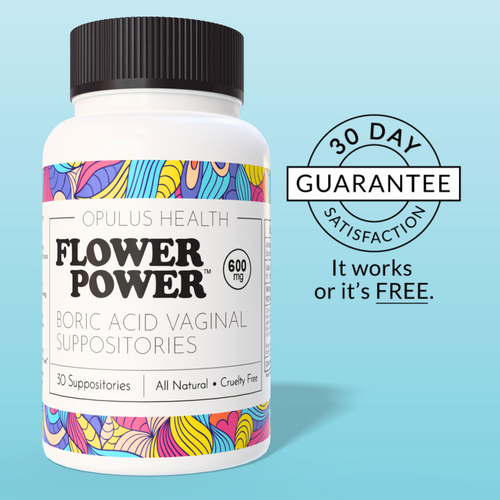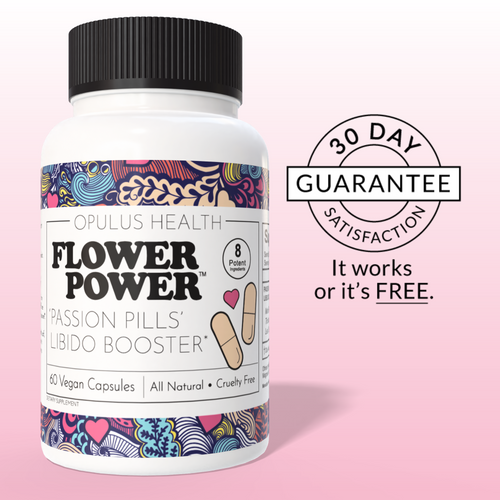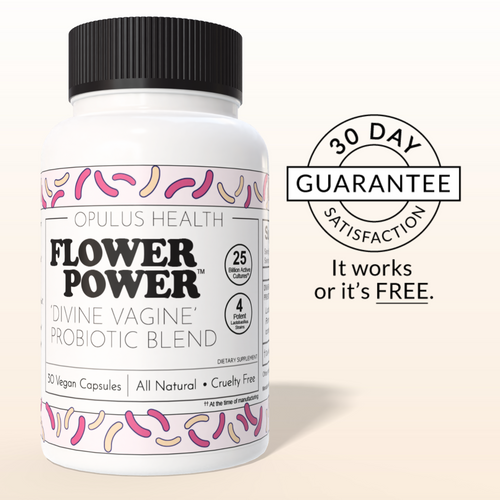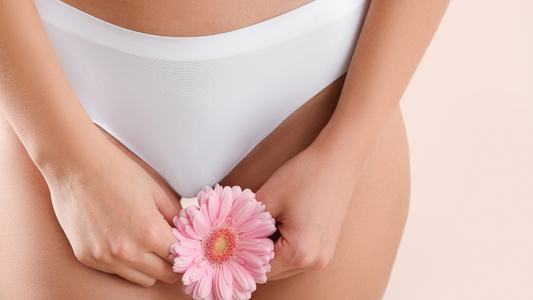When Dryness Is More Than an Annoyance
Vaginal dryness is a common experience for many women, and in most cases, it can be improved with natural solutions such as hydration, diet, stress management, or gentle, pH-balanced products. However, there are times when dryness signals something more serious—an underlying health issue that requires medical attention. Recognizing the difference between everyday dryness and symptoms that warrant a doctor’s visit is essential. Understanding when to see a doctor for vaginal dryness ensures that women not only find relief but also protect their long-term health and intimate well-being.
Persistent Dryness That Doesn’t Improve
Occasional dryness is normal, especially during times of stress, dehydration, or medication use. But if vaginal dryness continues even after trying natural solutions—such as drinking more water, eating nutrient-rich foods, using gentle moisturizers, or taking supplements—it may signal a deeper issue. Persistent dryness can be linked to hormonal imbalances, thyroid disorders, autoimmune conditions, or the natural decline of estrogen during perimenopause and menopause. In these cases, a doctor can help identify the root cause and recommend targeted treatments, ensuring that women don’t suffer in silence or dismiss ongoing discomfort as “normal.”
Painful Symptoms Beyond Dryness
Vaginal dryness sometimes comes with more than just a lack of moisture. If you’re experiencing burning, itching, or pain during intimacy, it could indicate irritation or thinning of the vaginal tissues. In some cases, dryness leads to microtears or even light bleeding, which not only causes discomfort but also increases the risk of infections. When these symptoms begin interfering with your daily life or intimate relationships, it’s a clear sign to seek medical guidance. Addressing these issues early can prevent further complications and restore comfort and confidence.
Post-Menopause or Postpartum Dryness That Feels Severe
Both menopause and the postpartum period bring significant hormonal shifts, particularly drops in estrogen, which directly affect vaginal tissue. Lower estrogen means less natural lubrication, thinner mucosal lining, and reduced elasticity. While this dryness is common, the severity can vary greatly from woman to woman.
For many, natural remedies such as hydration, diet adjustments, probiotics, and gentle moisturizers provide comfort. However, some women experience symptoms that are more intense and persistent, including:
-
Burning, itching, or stinging sensations.
-
Pain or tearing during intercourse.
-
Vaginal tissue that feels extremely thin, fragile, or inflamed.
-
Recurrent infections due to changes in pH and microbiome balance.
In these cases, natural self-care may not be enough. Medical guidance becomes essential to ensure the symptoms aren’t linked to other health concerns and to explore stronger treatment options. Doctors may recommend vaginal estrogen therapy, prescription moisturizers, or other tailored approaches depending on the woman’s health profile.
Sudden Onset of Vaginal Dryness
Most women notice vaginal dryness as a gradual change over time—often connected to aging, stress, or shifts in hormones. But when dryness appears suddenly and severely, it can signal something more serious that requires attention.
Common triggers include:
-
New medications – Certain drugs such as antihistamines, decongestants, antidepressants, or birth control pills can interfere with natural lubrication by altering hormones or reducing overall hydration.
-
Autoimmune conditions – Disorders like Sjögren’s syndrome can attack moisture-producing glands, leading to abrupt vaginal dryness along with symptoms like dry eyes and mouth.
-
Medical treatments – Chemotherapy, radiation, or other therapies can cause rapid hormonal changes that affect vaginal tissue.
-
Underlying health concerns – Thyroid imbalances, uncontrolled diabetes, or sudden hormone fluctuations may also contribute.
If vaginal dryness develops quickly and without a clear reason, it’s important not to ignore it. Early evaluation by a healthcare provider can help pinpoint the cause, rule out serious conditions, and guide you toward the most effective solutions—whether medical, natural, or a combination of both.
What a Doctor May Recommend
When vaginal dryness persists or becomes severe, a doctor’s guidance can make all the difference. After evaluating your symptoms, medical history, and possible contributing factors (such as medications, hormones, or autoimmune issues), a healthcare provider may suggest several options:
-
Hormone-based therapies – These include low-dose estrogen creams, tablets, or rings that directly replenish estrogen in vaginal tissue. They can be highly effective for dryness caused by menopause or low estrogen, but aren’t suitable for everyone.
-
Prescription moisturizers or lubricants – Stronger formulations than over-the-counter products, these provide targeted hydration and may last longer between applications.
-
Specialized treatments – In some cases, doctors may recommend laser therapies or other medical interventions to improve vaginal tissue health.
Importantly, even if medical treatments are used, natural approaches can still play a valuable role. Staying hydrated, eating a nutrient-rich diet, managing stress, and incorporating hormone-free supplements such as She Juicy Vaginal Moisture Supplement can provide consistent support. Together, professional care and natural solutions create a comprehensive plan for lasting comfort and confidence.
FAQs About When Vaginal Dryness Needs Medical Attention
How do I know if my vaginal dryness is serious?
If dryness is persistent, painful, or interferes with daily life and intimacy despite natural remedies, it may indicate an underlying medical condition that requires professional care.
Can vaginal dryness be a symptom of something else?
Yes. While hormonal changes are a common cause, dryness can also be linked to medications, autoimmune conditions, or infections. That’s why sudden or severe symptoms should not be ignored.
Should I see a gynecologist for painful vaginal dryness?
Absolutely. A gynecologist can perform an evaluation to rule out other conditions and recommend appropriate treatment, whether that’s prescription options, hormone therapy, or advanced moisturizers.
Do natural remedies still help if I need medical treatment?
Yes. Even if medical treatments are prescribed, natural remedies like hydration, probiotics, and hormone-free supplements can complement care and improve overall comfort.
Conclusion
Occasional vaginal dryness is a common experience, but when symptoms become persistent, painful, or disruptive, it’s important not to ignore them. Seeking guidance from a gynecologist can provide clarity, peace of mind, and the right treatment plan for your needs.
At the same time, natural solutions play an important role in everyday support. Staying hydrated, eating a nutrient-rich diet, and using probiotics or supplements like She Juicy Vaginal Moisture Supplement can help keep tissues healthy and resilient. By combining medical insight with consistent self-care, you can restore comfort, balance, and confidence—naturally.

















